T4K3.news
Off the shelf cancer vaccine shows promise against relapse
A non-personalised vaccine tested after surgery in pancreatic and colorectal cancers shows early signs of reducing relapse risk.
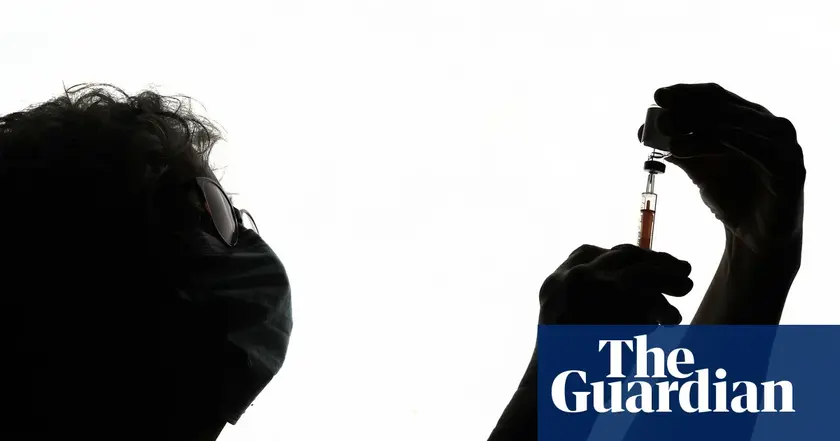
A non-personalised cancer vaccine tested after surgery in pancreatic and colorectal cancers shows early signs of reducing relapse risk.
Off the shelf cancer vaccine shows promise against relapse
An off-the-shelf vaccine called ELI-002 2P was tested after surgery in 20 pancreatic cancer patients and five with colorectal cancer. The study, published in Nature Medicine, used peptides to train T-cells to recognise cancer cells that carry Kras mutations. The trial involved 25 participants, had no control group, and focused on safety and immune response. After a median follow-up of almost 20 months, patients with a strong immune response tended to have a longer time before cancer returned and to live longer than those with a weaker response. Four of the 17 strong-responders died during follow-up, compared with seven of the eight weaker responders.
Key Takeaways
"After a long-term follow-up of this study, we were able to demonstrate that the group of patients who mounted an immune response have a greater likelihood of not having their cancer return and living longer compared to historical expectation of what that patient would do."
Author statement on the observed association between immune response and outcomes.
"With promising early results and potentially fewer side-effects than current oral inhibitors, this off-the-shelf cancer vaccine could expand treatment options for Kras-driven cancers and warrants further testing in larger trials."
External expert commentary on potential impact and next steps.
"How many times have we been down this garden path where we’ve got really excited about the science? But actually, the real scientific experiment is in patients."
Sivakumar on the need for rigorous trials over hype.
"It was fascinating so many of the patients showed a clear immune response."
Sivakumar on observed immune responses in participants.
The findings hint at a shift toward non-personalised cancer vaccines produced at scale. If confirmed in larger trials, such vaccines could lower costs and speed access for patients compared with personalised approaches. Yet the study’s small size and lack of controls mean the results must be read with caution. The NHS and researchers face the challenge of translating early signals into real-world improvements.
Highlights
- A vaccine ready now could tilt the balance against relapse
- Off-the-shelf vaccines widen access for Kras driven cancers
- The real test is patient outcomes over years
- Promising early signs demand larger trials and careful pace
Budget and public policy risks
The off-the-shelf vaccine could influence NHS funding decisions and public expectations before large trials confirm safety and effectiveness.
The road from early signals to real-world relief will hinge on robust trials and careful communication about what is known.
Enjoyed this? Let your friends know!
Related News
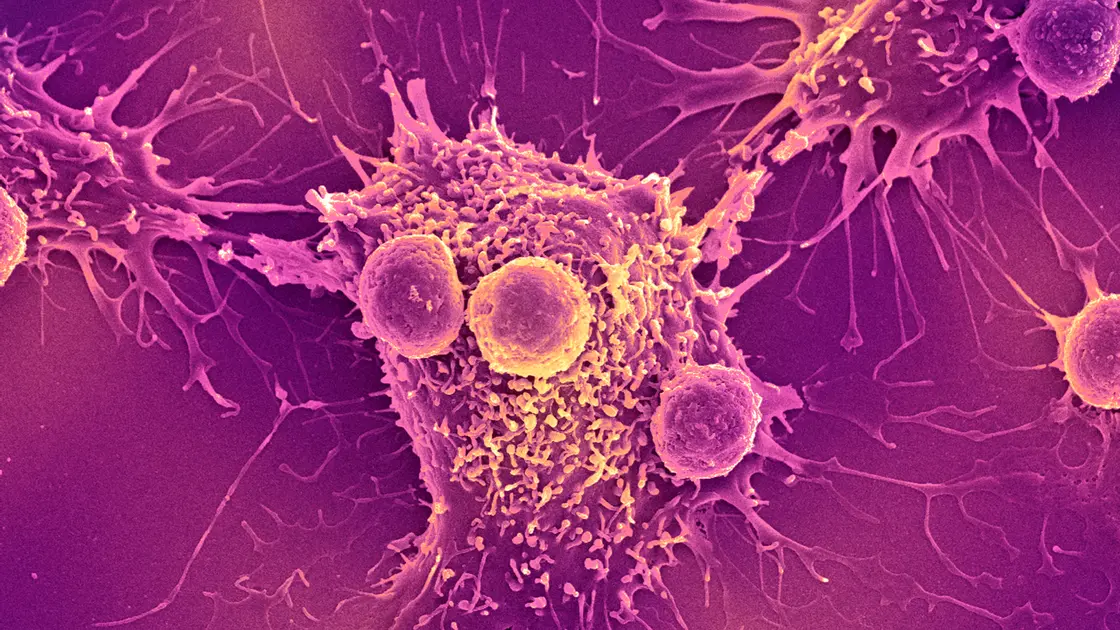
Universal cancer vaccine begins human trials
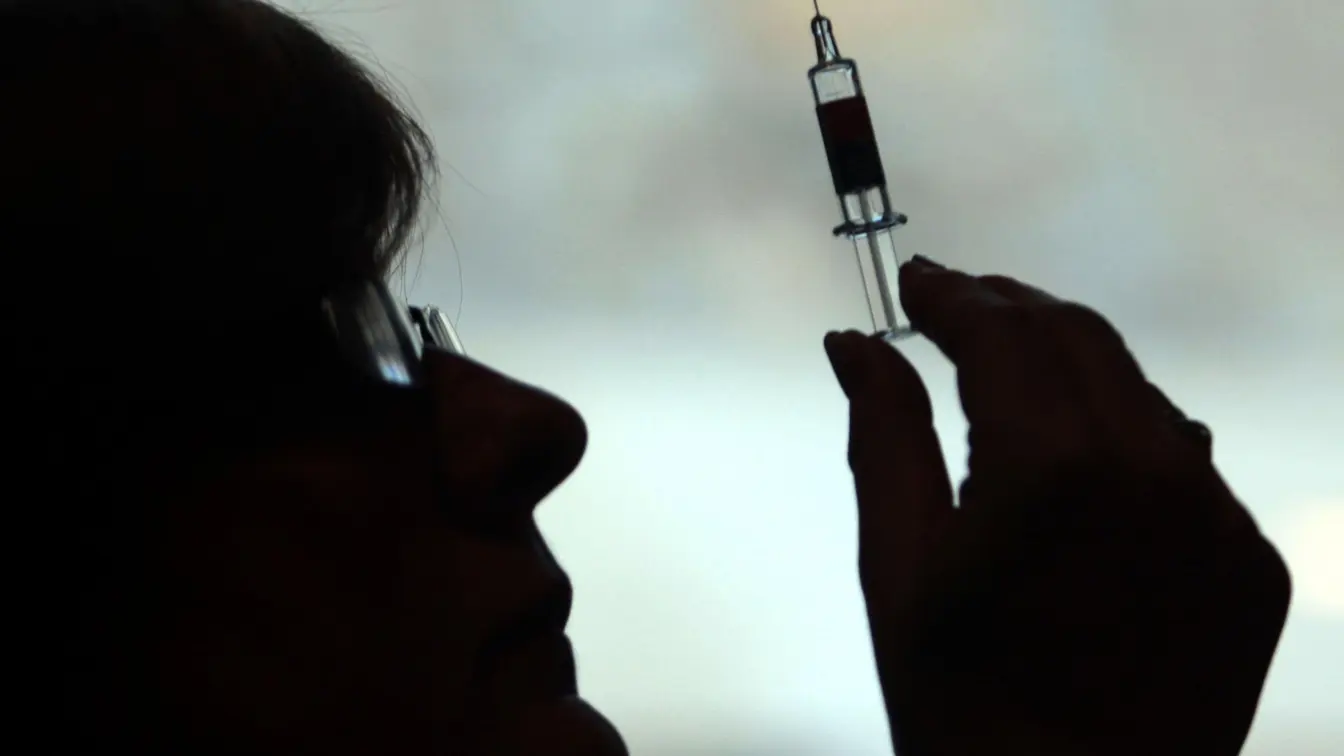
New cancer vaccine shows potential for all tumours

Breakthrough mRNA vaccine shows potential to treat cancer
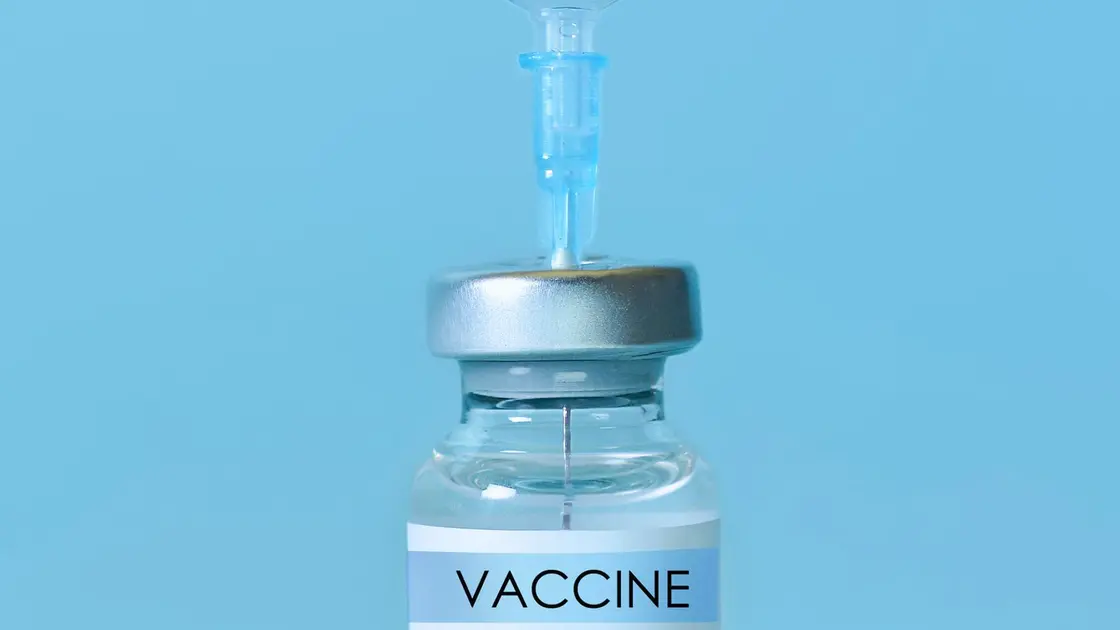
Pancreatic cancer vaccine shows early promise
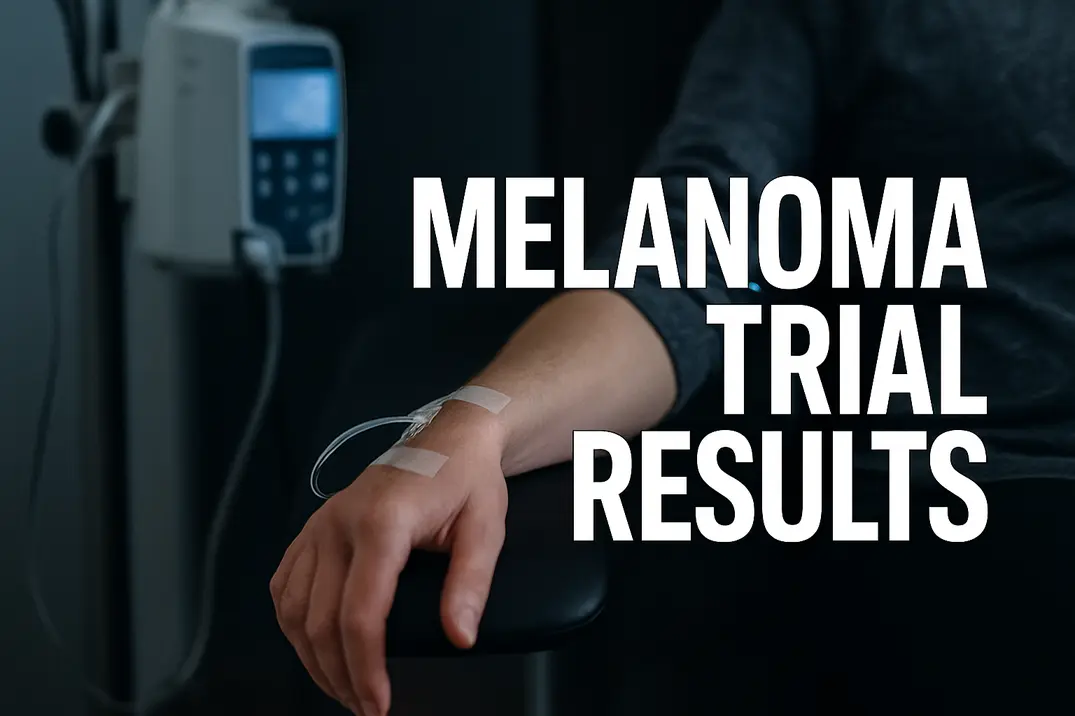
IO Biotech melanoma trial signals strong PFS but misses primary significance
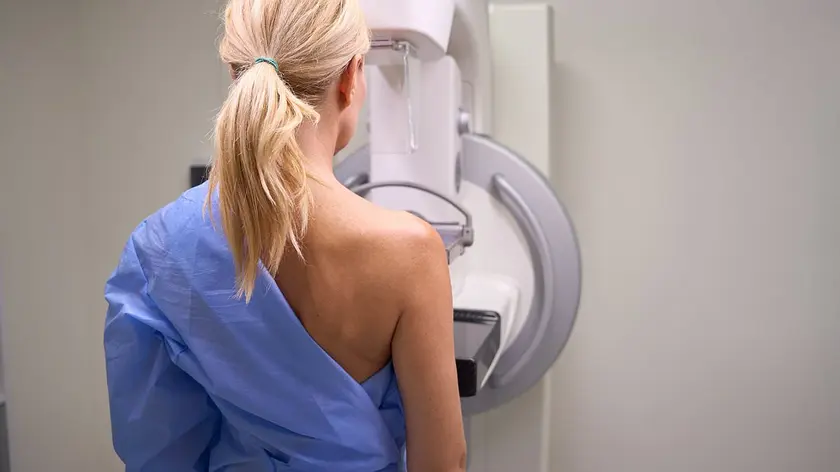
Common viruses may reactivate dormant cancer cells

Research connects respiratory infections to cancer cell activation

Funding for mRNA vaccines canceled by Kennedy
